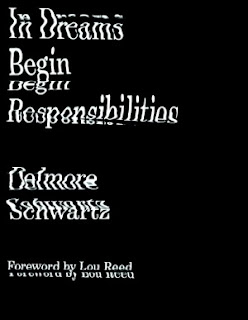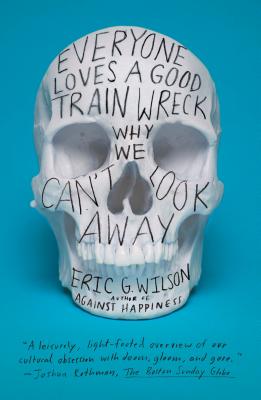For the College-Bound:
The Secret History, by Donna Tartt Make sure your graduate knows who they should and shouldn't get to know their first year on campus.
Make sure your graduate knows who they should and shouldn't get to know their first year on campus.Truly deserving of the accolade a modern classic, Donna Tartt’s novel is a remarkable achievement—both compelling and elegant, dramatic and playful.
Under the influence of their charismatic classics professor, a group of clever, eccentric misfits at an elite New England college discover a way of thinking and living that is a world away from the humdrum existence of their contemporaries. But when they go beyond the boundaries of normal morality their lives are changed profoundly and forever, and they discover how hard it can be to truly live and how easy it is to kill.
101 Things I Learned...series
Save your grad a ton on tuition! The books in this series are pretty much as good as going to school. Okay, maybe not, but they do pack an informative punch in a very petite package.
For the Out-on-Their-Own:
The Chairs Are Where the People Go by Misha Glouberman with Sheila Heti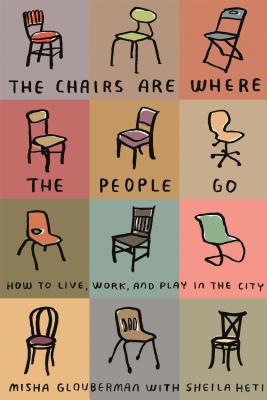 Should neighborhoods change? Is wearing a suit a good way to quit smoking? Why do people think that if you do one thing, you’re against something else? Is monogamy a trick? Why isn’t making the city more fun for you and your friends a super-noble political goal? Why does a computer last only three years? How often should you see your parents? How should we behave at parties? Is marriage getting easier? What can spam tell us about the world?
Should neighborhoods change? Is wearing a suit a good way to quit smoking? Why do people think that if you do one thing, you’re against something else? Is monogamy a trick? Why isn’t making the city more fun for you and your friends a super-noble political goal? Why does a computer last only three years? How often should you see your parents? How should we behave at parties? Is marriage getting easier? What can spam tell us about the world?Misha Glouberman’s friend and collaborator, Sheila Heti, wanted her next book to be a compilation of everything Misha knew. Together, they made a list of subjects. As Misha talked, Sheila typed. He talked about games, relationships, cities, negotiation, improvisation, Casablanca, conferences, and making friends. His subjects ranged from the sublime to the ridiculous. But sometimes what had seemed trivial began to seem important—and what had seemed important began to seem less so.
The Chairs Are Where the People Go is refreshing, appealing, and kind of profound. It’s a self-help book for people who don’t feel they need help, and a how-to book that urges you to do things you don’t really need to do.
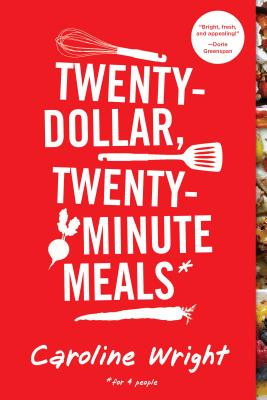 Twenty-Dollar, Twenty-Minute Meals by Caroline Wright
Twenty-Dollar, Twenty-Minute Meals by Caroline WrightQuick and easy with a creative twist, here are more than 90 recipes (serving 4) that use simple techniques, fresh produce, and ready ingredients that don't sacrifice flavor or healthfulness for budget or time. It's a whole new way to think about dinner: some nights meat and veggies; some nights a pureed soup, colorful salad, or cheesy tart. Some nights the comfort of a perfect plate of pasta. And every night. delicious.
For the Socially-Conscious-Activist:
Rules for Radicals by Saul Alinsky First published in 1971, Rules for Radicals is Saul Alinsky's impassioned counsel to young radicals on how to effect constructive social change and know “the difference between being a realistic radical and being a rhetorical one.” Written in the midst of radical political developments whose direction Alinsky was one of the first to question, this volume exhibits his style at its best. Like Thomas Paine before him, Alinsky was able to combine, both in his person and his writing, the intensity of political engagement with an absolute insistence on rational political discourse and adherence to the American democratic tradition.
First published in 1971, Rules for Radicals is Saul Alinsky's impassioned counsel to young radicals on how to effect constructive social change and know “the difference between being a realistic radical and being a rhetorical one.” Written in the midst of radical political developments whose direction Alinsky was one of the first to question, this volume exhibits his style at its best. Like Thomas Paine before him, Alinsky was able to combine, both in his person and his writing, the intensity of political engagement with an absolute insistence on rational political discourse and adherence to the American democratic tradition.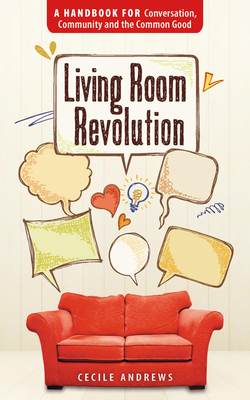 Living Room Revolution: A Handbook for Conversation. Community, and the Common Good by Cecile Andrews
Living Room Revolution: A Handbook for Conversation. Community, and the Common Good by Cecile AndrewsLiving Room Revolution refutes the notion that selfishness is at the root of human nature. Research shows that people--given the right circumstances--can be caring, nurturing and collaborative. Presented with the opportunity, they gravitate toward actions and policies embodying empathy, fairness, and trust instead of competition, fear, and greed. The regeneration of social ties and the sense of caring and purpose that comes from creating community drive this essential transformation. At the heart of this movement is the ancient art of conversation. This book provides a practical toolkit of concrete strategies to facilitate personal and social change by bringing people together in community and conversation. At the heart of happiness is joining with others in good talk and laughter. Each person can make a difference, and it can all start in your own living room!
For the World-Traveler:
Leaving the Atocha Station by Ben Lerner
Adam Gordon is a brilliant, if highly unreliable, young American poet on a prestigious fellowship in Madrid, struggling to establish his sense of self and his relationship to art. What is actual when our experiences are mediated by language, technology, medication, and the arts? Is poetry an essential art form, or merely a screen for the reader's projections? Instead of following the dictates of his fellowship, Adam’s “research” becomes a meditation on the possibility of the genuine in the arts and beyond: are his relationships with the people he meets in Spain as fraudulent as he fears his poems are? A witness to the 2004 Madrid train bombings and their aftermath, does he participate in historic events or merely watch them pass him by?
In prose that veers between the comic and tragic, the self-contemptuous and the inspired, Leaving the Atocha Station is a portrait of the artist as a young man in an age of Google searches, pharmaceuticals, and spectacle.
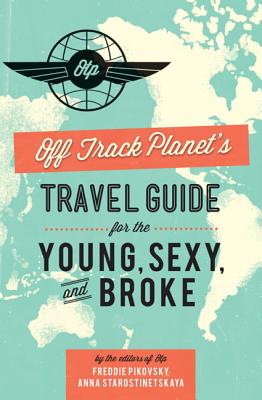 Off Track Planet's Travel Guide of the Young, Sexy, and Broke by Freddie Pikovsky and Anna
Off Track Planet's Travel Guide of the Young, Sexy, and Broke by Freddie Pikovsky and Anna Starostinetskaya
This all-encompassing travel guide features approximately 100 exciting destinations like Buenos Aires, Brazil, Columbia, Greece, and Thailand, and everything college students, grads, and those in their twenties and thirties want to know about them, including: the cities with the craziest sex shops; the best places to get a tattoo; where to check out some amazing street art; why you should try fried bugs; the best clubs to party until dawn; and much more. Broken into three parts, the first section focuses on what to do and where: food, fashion, music, sports, sex and partying, and more. The second half of the book dives into practical tips and advice on budgeting, hostels, and transportation, and the third section offers great ideas about extending your stay. Entertaining and informative, this lively guide also includes fun charts and graphs and 100 to 150 full-color photos throughout.


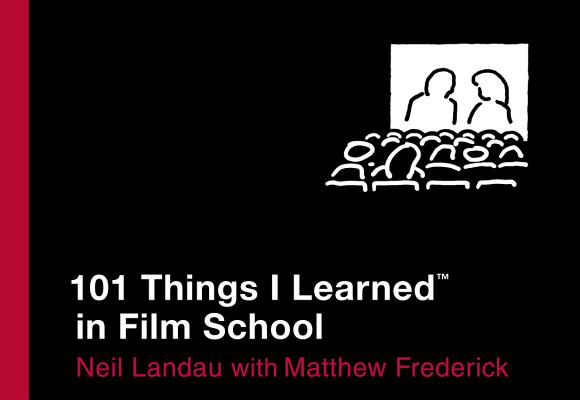


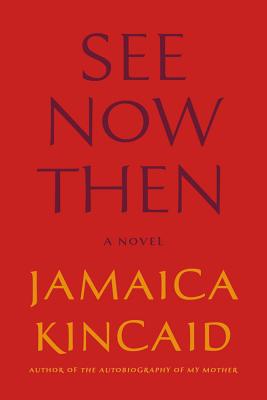
.jpg)





